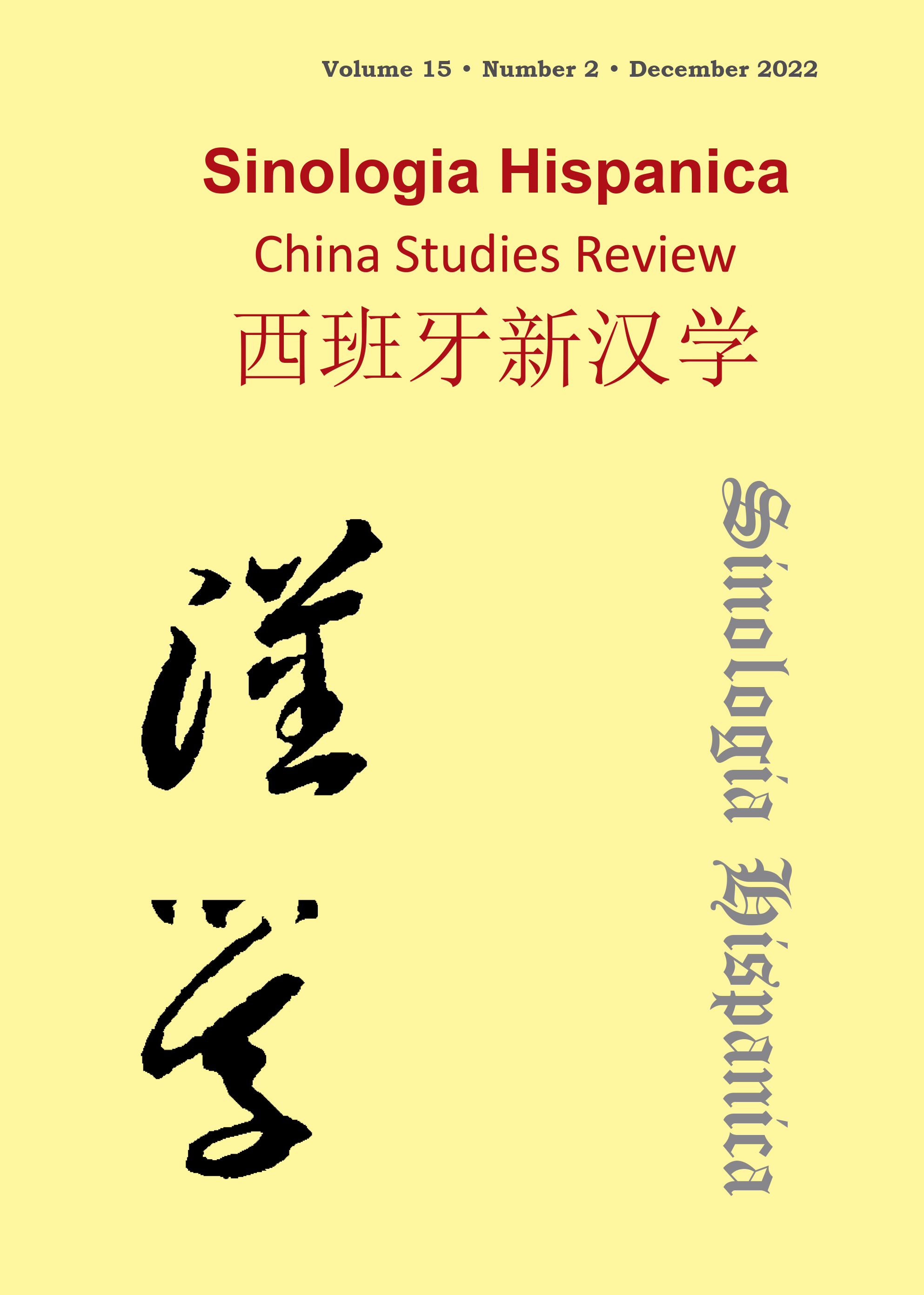“The Pedestrian” and “Guest”: The Taoist Life Consciousness in Classical Chinese Poetry
DOI:
https://doi.org/10.18002/sin.v15i2.7468Abstract
Both pedestrian and guest are not rare in classical Chinese poetry. It is reasonable to interpret pedestrian and guest as person on the road or away from home in some classical Chinese poems. However, considering the relevant Taoist classics and Taoist life consciousness, pedestrian and guest should be interpreted as the living person, not the man walking on the road, in the poems of mourning the dead, worshiping the ancestors, explaining the relationship between the individual and world, or expressing the insights related to Buddhism. It is not an accidental, but an important topic in ancient poetry. The adoption meaning of living person can make the work more profound and touching and the logic of the poems is clearer and more coherent.
Downloads
Métricas alternativas

Downloads
Published
Versions
- 2024-03-06 (2)
- 2022-12-26 (1)
How to Cite
Issue
Section
License

This work is licensed under a Creative Commons Attribution-NonCommercial-ShareAlike 4.0 International License.
Sinología Hispánica. China Studies Review considers all manuscripts on the strict condition that:
- The authors assign the exploitation rights (reproduction, distribution, public communication and transformation) of the work accepted for publication to the University of León on a non-exclusive basis. Authors can establish, on their own, additional agreements for the non-exclusive distribution of the version of the work published in the journal (for example, placing it in an institutional repository or publishing it in a book), always acknowledging the initial publication. in this magazine.
- The manuscript is your own original work and does not duplicate any other previously published work, including your own previously published work.
- The manuscript is not currently under consideration or peer review, nor accepted for publication, nor in press, nor published elsewhere.
- The manuscript contains nothing that is abusive, defamatory, libellous, obscene, fraudulent, or illegal.
- Please note that Sinologia Hispanica uses Turnitin software to screen manuscripts for unoriginal material. By submitting your manuscript to Sinologia Hispanica you are agreeing to any necessary originality checks your manuscript may have to undergo during the peer-review and production processes. Any author who fails to adhere to the above conditions will be rejected.
- Authors are allowed and encouraged to electronically disseminate the pre-printed versions (version before being evaluated) and / or post-printing (version evaluated and accepted for publication) of their works before publication, since it favors their circulation and dissemination more early and with it, a possible increase in its citation and reach among the academic community.
Sinologia Hispanica is under an international license Creative Commons Attribution-Noncommercial-Share Alike 4.0. You can read more about this license in an informative version and legal text.









